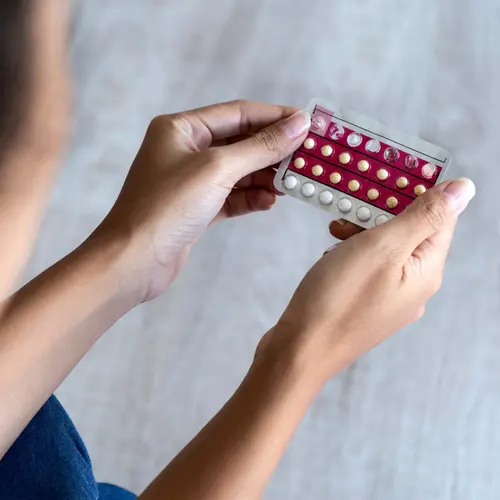Lots of people get irritable, depressed, or feel out of sorts just before their monthly periods. These can be symptoms of a common condition called premenstrual syndrome (PMS).
But could your birth control pills and other hormonal contraceptives trigger similar emotional swings? Or might they actually improve your mood?
How Hormonal Contraceptives Work
Most birth control pills, patches, and rings combine two lab-made female sex hormones, estrogen and progestin. “Minipills” have only progestin, and in a smaller amount.
Combined hormonal contraceptives stop the normal rise and fall of your body’s natural hormones. That blocks your body from ovulating and releasing an egg to be fertilized by sperm.
Is There a Link Between Birth Control and Emotions?
People have complained about mood-related changes like depression and anxiety ever since the pill came out in 1960. The newest generation of pills have lower doses of hormones. Even so, a sizeable number still quit the pill because of side effects.
During a typical 28-day menstrual cycle, estrogen levels reach their peak around day 14. That’s when many feel their best emotionally and physically. Most hormonal contraceptives smooth this mountain-shaped hormonal cycle into an even line for the first 21 days. Then the levels of estrogen and progestin plunge during the final 7 days.
Limited research suggests that compared with women who don’t use hormonal birth control, those who do are more likely report feeling depressed, anxious, and angry. But those symptoms don’t make the list of common side effects. Other studies have turned up no significant link between hormone combinations or concentrations and differences in mood. Still more research has found that women on the pill and those taking dummy pills report similar symptoms, suggesting that any effects they noticed were unrelated to the actual pills.
Benefits
Doctors sometimes prescribe hormonal contraceptives to ease the discomfort some feel at one point or another during their monthly periods.
Symptoms of premenstrual syndrome can include:
- Angry outbursts
- Crying spells
- Confusion
- Feeling down or depressed
- Trouble sleeping
You might also have:
- Crankiness
- Tender breasts
- Aches and pains
- Bloating or weight gain
- Headache
The FDA has approved combination birth control pills drospirenone and ethinyl estradiol (Yaz) and drospirenone, ethinyl estradiol, and levomefolic acid (Beyaz) to treat a more serious form of PMS called premenstrual dysphoric disorder. But the hormones may work better to ease physical symptoms than mood-related ones. It also can take some trial and error for your doctors to hit the right medication and dosage.
Possible Explanations
If scientists can’t firmly connect the dots between birth control hormones and emotional turbulence, why do some people believe there’s a link?
- Greater sensitivity to changes to levels of estrogen and other hormones
- Stress from the need to avoid pregnancy and to take the pill as prescribed
- Heightened perception of possible symptoms among people with existing depression, anxiety, or other mental health conditions
When to See a Doctor
If your mood swings are mild or moderate, these may bring you relief:
- Exercise
- Healthier eating
- Relaxation techniques such as massage, yoga, and biofeedback
- Other lifestyle changes
See your doctor if you feel depressed, feel no energy, or have other severe symptoms that impact with your daily life.

